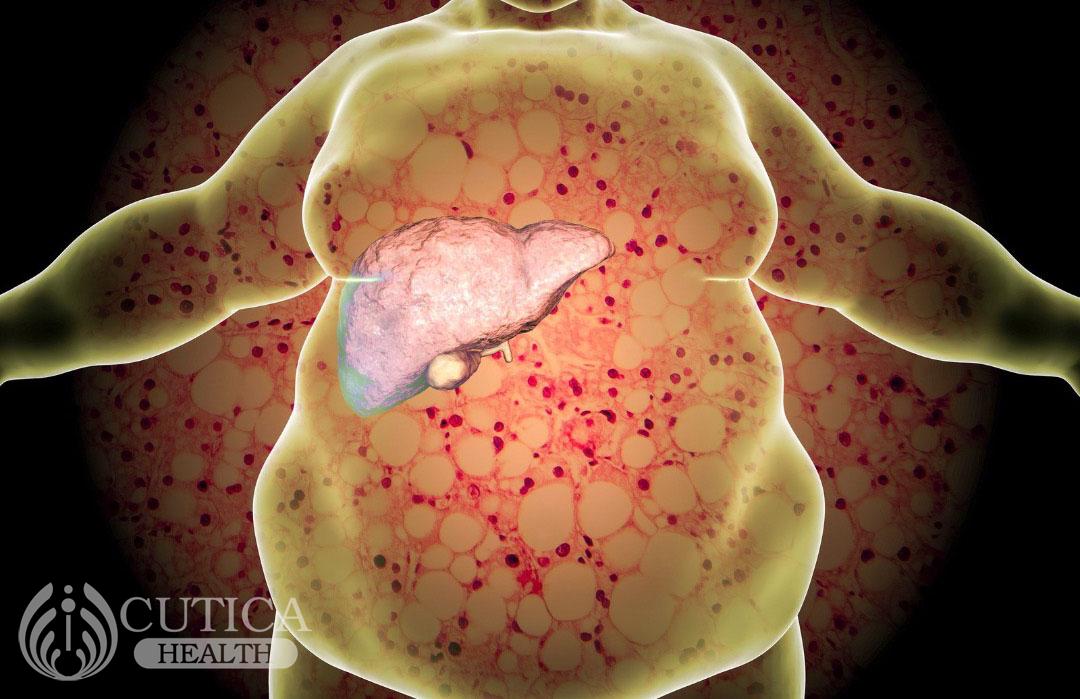Fast food and obesity
Simi has written down a “body goal’’ target for two consecutive years to no avail. First, she enrolled in a couple of detox plans with one of the numerous online fitness coaches, she tries to achieve 10,000 steps per day but it seems the scale would not give.
Her daily dietary choices are ultimately linked with big city living and typical sedentary work hours. Simi's workplace and residential areas have numerous fast foods and strategically located modern trade outlets where her office assistant gets ready-to-eat meals. Simi does not realize the phrase “you are what you eat” and that a consistent over-haul of her diet is her solution.

These fast-food restaurants have colorful menus and foods on display and trending captivating ambience for ‘’selfies,’’ such that the likelihood of walking out with a bag of high-calorie food and drink is a little over 99%.
Is fast food the leading cause of obesity?
Our food choices are prevalently a determining risk factor for weight gain. It is pertinent to point out that our dietary choices are linked to social determinant factors; these cuts across age, demographics, and urbanization.

The influence of a fast-paced global village makes it ultimately easier to choose fast food over home-cooked healthy eating. Aside from a drive-through experience, fast foods are now convenient as you can order for your meals online and have them delivered to your doorstep at no cost. While periodic takeouts may not be detrimental health-wise, habitual eating could do your body a number.
Frequent intake of these so-called fast foods is associated with obesity, which leads to other non-communicable diseases. Fast-food serve highly processed convenient foods with sugar-laden drinks; these foods are high in fat, low micronutrients, little to no fiber content, and high in carbohydrates. These foods provide alarming calorie content per day.
What are the connections between fast foods and obesity?
Obesity has reached an epidemic proportion worldwide especially in developed and developing countries, across all age groups and demographics. Obesity is therefore regarded as an acute illness that occurs due to less physical activity vis-à-vis high food intake. Untreated, obesity causes insulin resistance, which leads to more complications including hypertension, hypertriglyceridemia, and the onset of diabetes.
Healthier options

From research, it’s been noted that constant daily demands and challenges might make changing one’s diet impossible, but it’s about choices and intentional living. There are other options such as the current spring up of healthy restaurants and juice shops. The government should also provide interventions in good policies that reduce aggressive advertising of fast foods and realigning agricultural aids to promote healthy brands and make healthy eating a default choice.













